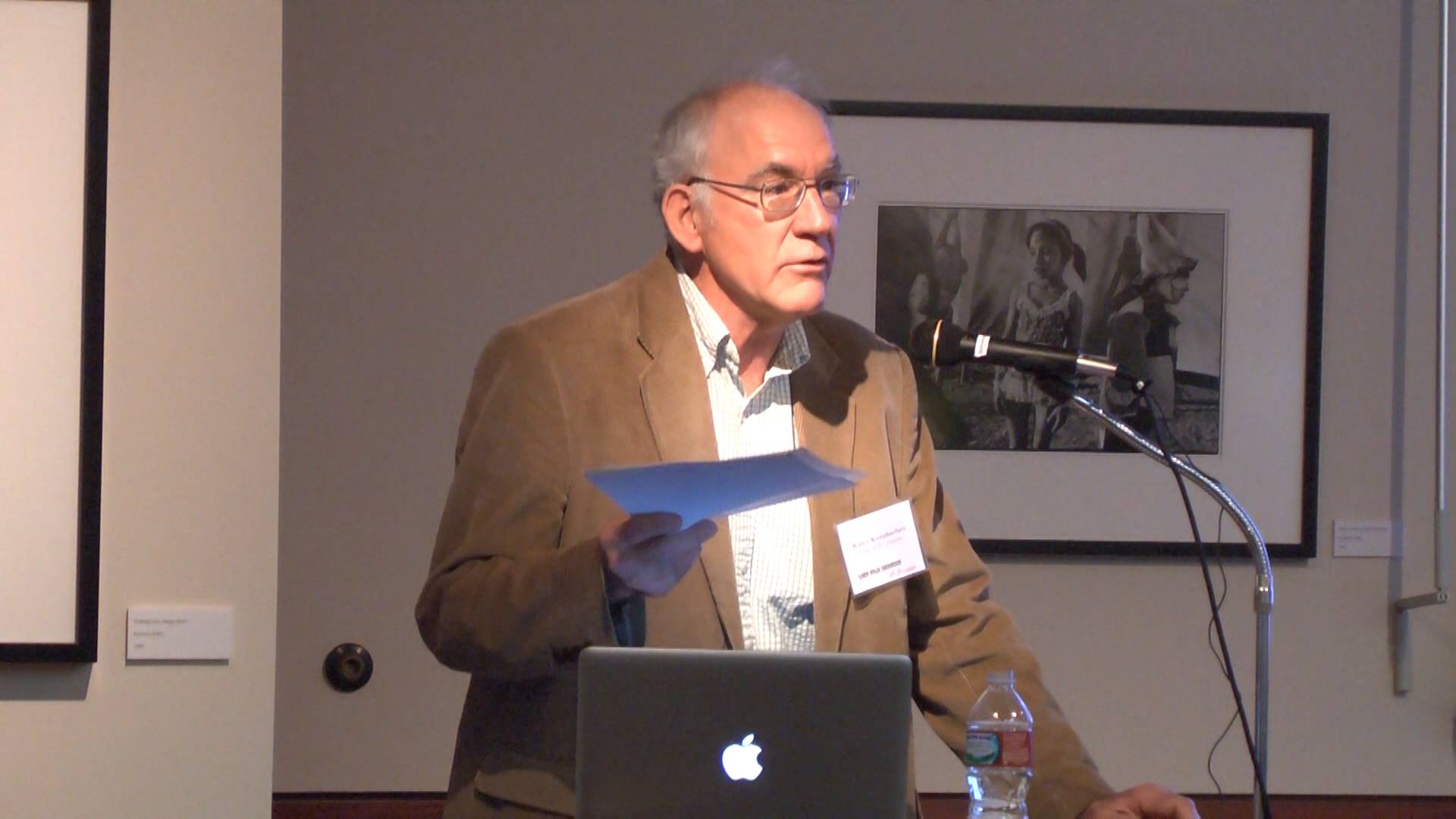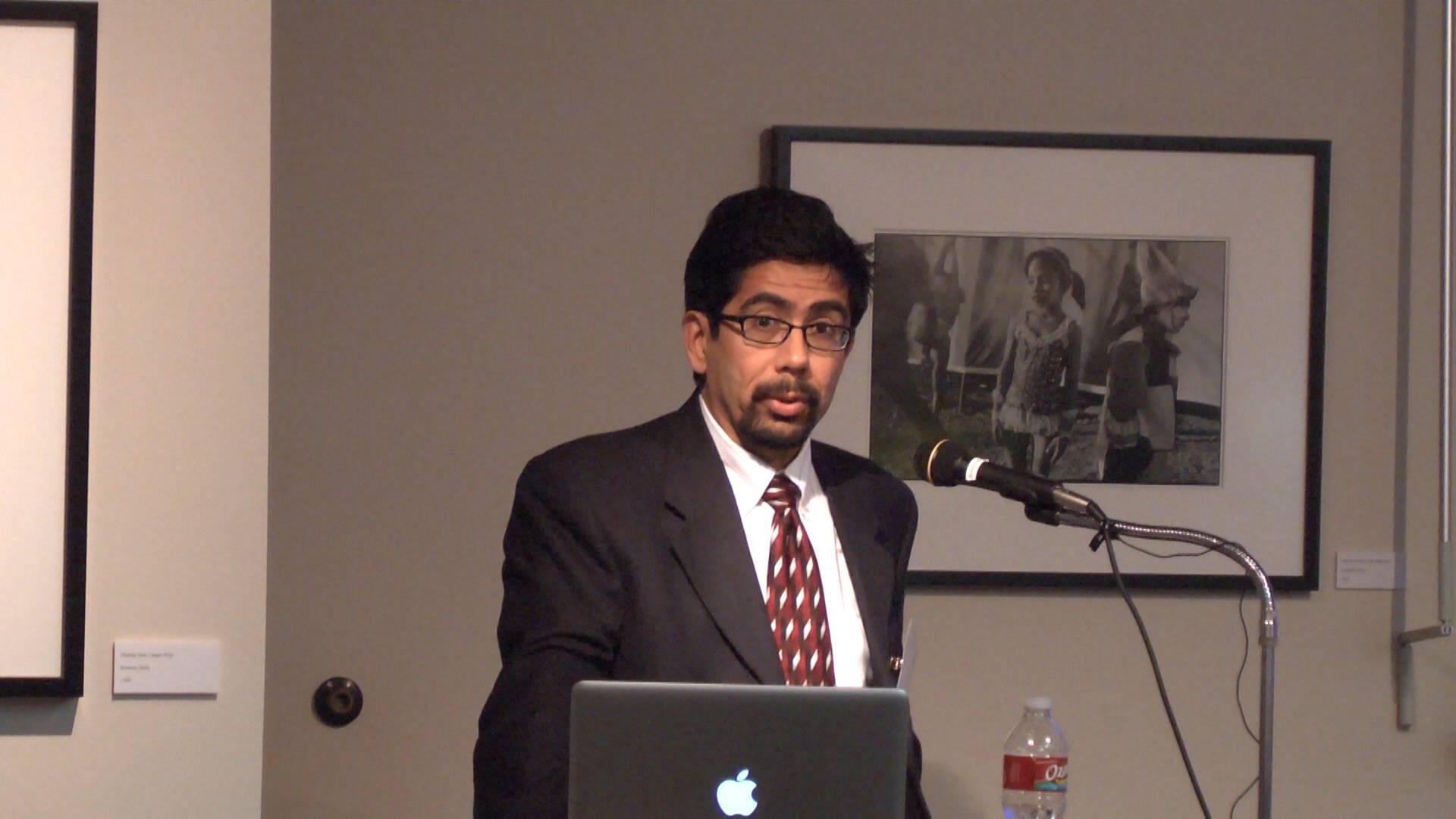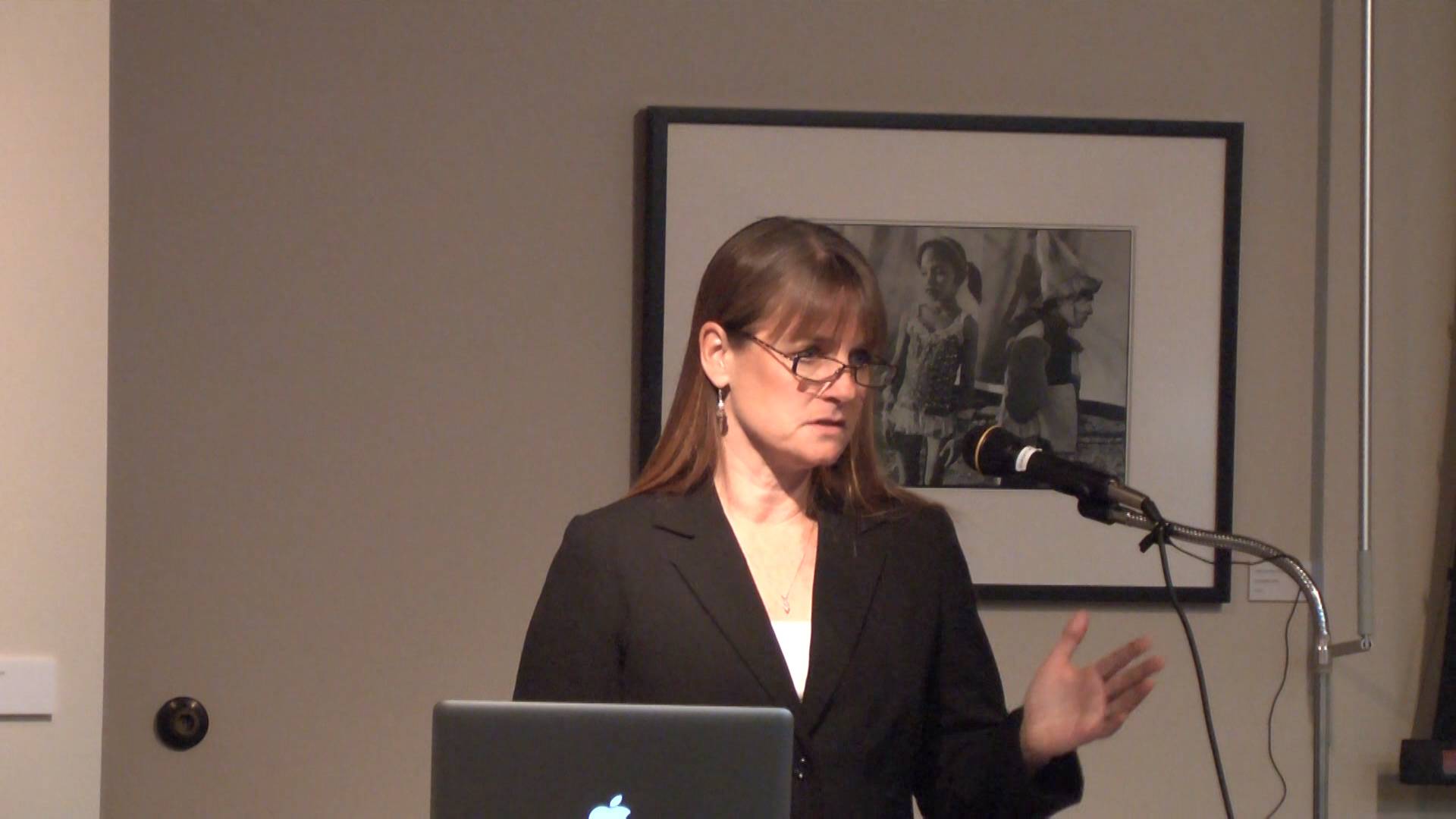New Americans or New Southerners? German Texans
Texas, which was home to more than a quarter of Germans residing in the eleven Confederate states, was the only place with an appreciable rural German element, one that was large enough to play a role in politics and war. Just what role they played, however, still remains under dispute. In the popular media, various characterizations of Germans have portrayed them as everything from “fire-breathing secessionists” to “virtually all Unionists.” The range of scholarly opinion is nearly as broad. Older accounts often reflect the characterization of antebellum traveler Frederick Law Olmstead, portraying Germans as largely abolitionist in sentiment. More recent scholarship has cautioned against generalizing from a few radical Forty-eighters to the bulk of ordinary German immigrants. Kamphoefnel re-examines the role and attitudes of Texas Germans (and smaller continental European groups often allied with them) toward slavery, the Confederacy, and Reconstruction, drawing particularly on evidence from letters and from voter behavior. It also explores personal factors which made individuals more or less sympathetic to the Confederate cause.
Dr. Kamphoefner earned his Ph.D. at University of Missouri-Columbia in 1978 and came to TAMU in 1988, where he is now Professor of History. He teaches in the fields of immigration, urbanization, and quantitative methods. He is the author and editor of numerous books and articles related to the German experience in the United States and Texas, including Germans in the Civil War: The Letters they Wrote Home, edited with Wolfgang Helbich (2006) and “New Perspectives on Texas Germans and the Confederacy” in the Southwestern Historical Quarterly (1999). He has now embarked on a larger project involving overseas immigrant tracing to multiple destinations, supported by an American Philosophical Society Sabbatical Fellowship.



